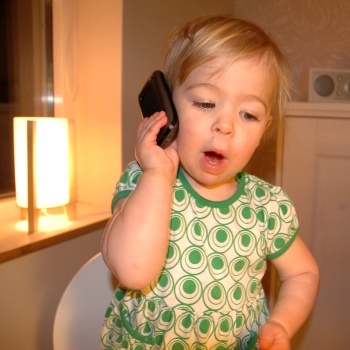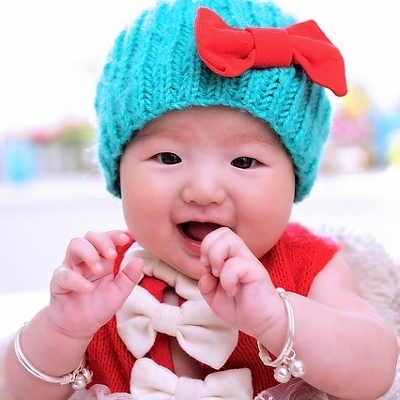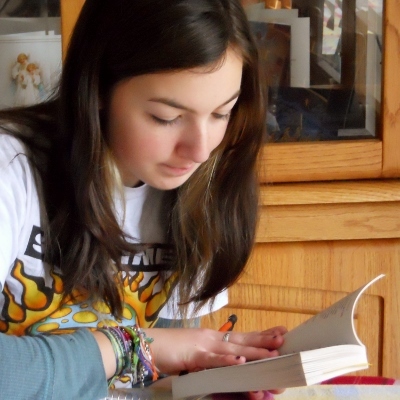 Toddlers are at the age where language is becoming an important means of communication. While there are still incidents of non-verbal communication, their language is developing at a remarkable rate. This is also the age in which parents have to be extremely careful about their word choice. It doesn’t take much for the kids to quickly learn a few new vocabulary words. So, here’s a relatively quick look at how a toddler develops their particular language.
Toddlers are at the age where language is becoming an important means of communication. While there are still incidents of non-verbal communication, their language is developing at a remarkable rate. This is also the age in which parents have to be extremely careful about their word choice. It doesn’t take much for the kids to quickly learn a few new vocabulary words. So, here’s a relatively quick look at how a toddler develops their particular language.
It also starts out with very basic syllables when they are babies. You may hear a repeating of these syllables such as the ba (with a long a) or a da. These are some of the simplest letters for them to pronounce. While the repetition gets a little tiring over time, this is the stage in which they are practicing to say new things. Most often, the most recognizable word from this stage is no.
By the time they turn two, simple words start coming into their vocabulary. While they may have their own unique words for items, these syllables have expanded into more complete words. Often, it is difficult for a newcomer to understand their particular expressions since they are still technically in the baby talk stage. So, be patient if others ask you what your toddler is referring to. Sometimes, it is even a little hard for parents to get exactly what their child is saying at this age. But they are quickly picking up new words and will use words that you probably don’t want them knowing until later on.
Around three or older, they begin to develop the concept of using sentences. These sentences are simple but can be effective. They are starting to get out of that baby talk stage and it is a little easier to understand their pronunciation. At this juncture, even those who haven’t been there for every word are beginning to get the gist of what they are saying. If they haven’t turned into chatterboxes by now, it is only a matter of time before they will.
Each child develops their language at their own pace. The ages listed are simply very broad indications of the language development. Your toddler may develop these skills at a different pace than the ages mentioned. These guidelines are not intended to be used to diagnose or otherwise offer medical advice about any problems your toddler may experience with speech.
If you suspect that your toddler is having trouble with speech and is not meeting the milestones set forth by your pediatrician, then you should have them further evaluated. Slow development in this area could indicate a learning disability or a hearing issue. So, it is important to talk to your pediatrician if you have any concerns about the progress they are making in their speech.











If you do think your child has a language delay, it’s good to apply for speech therapy right away, because typically the first thing they’ll want to do is wait six months and see if the problem goes away on its own. (Though if there’s a history of speech problems in the family, you can usually get help faster.)